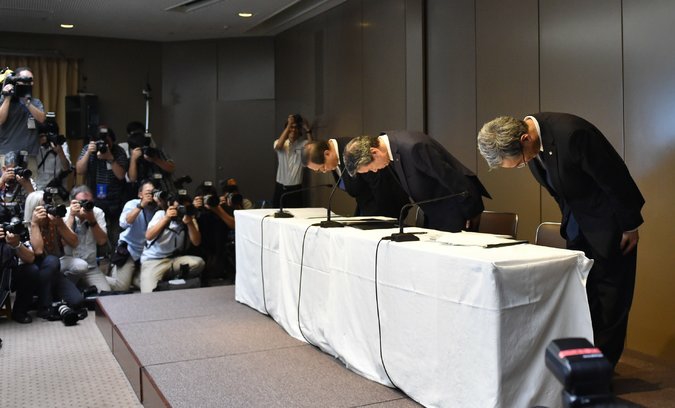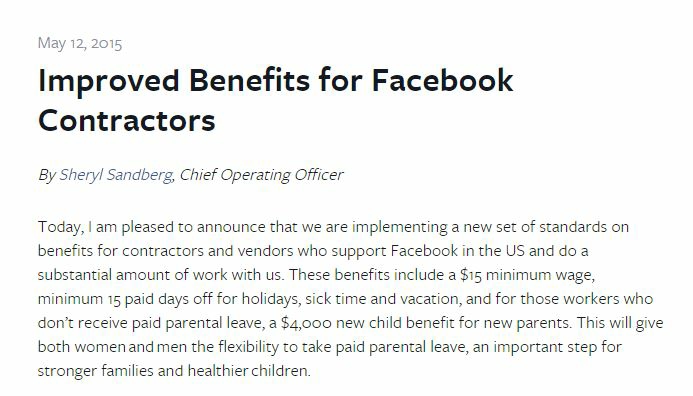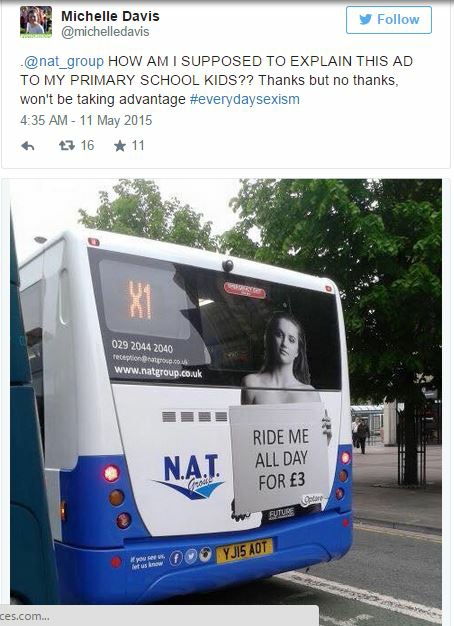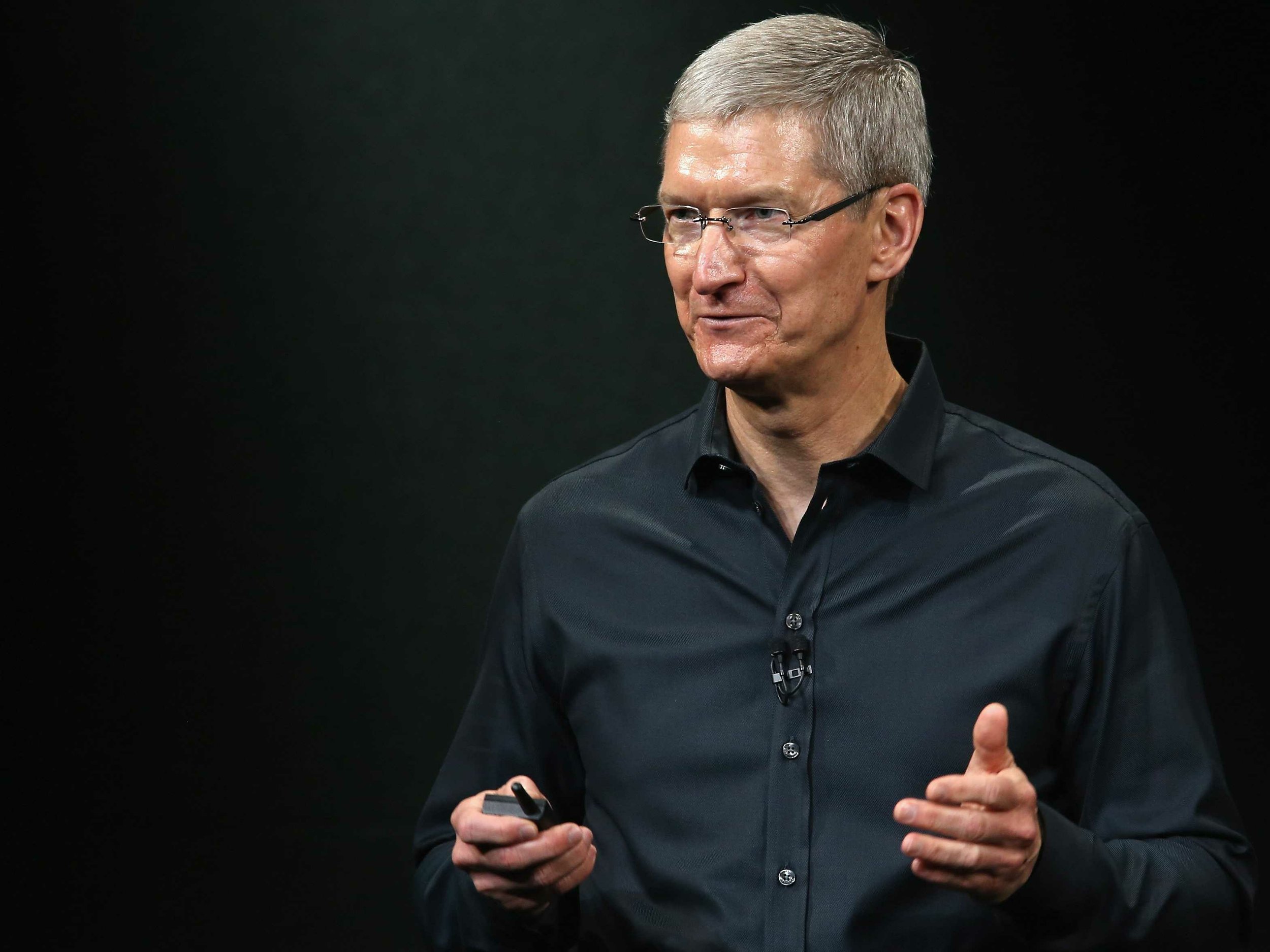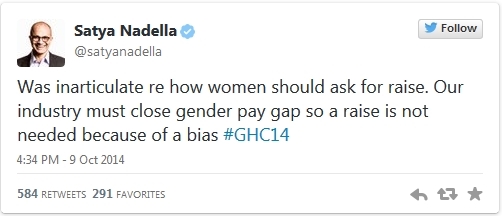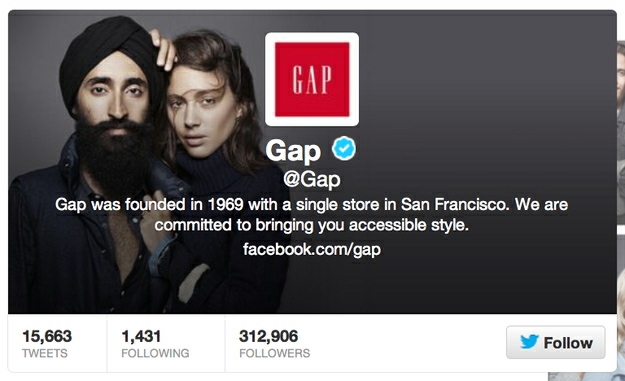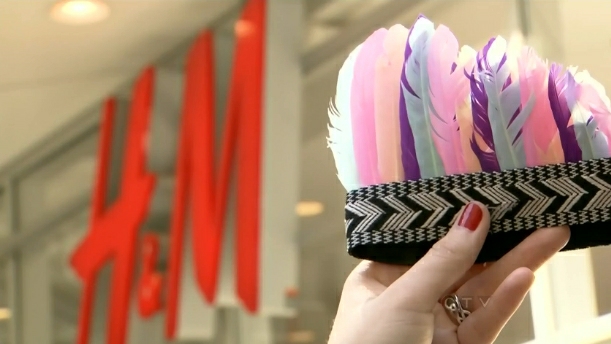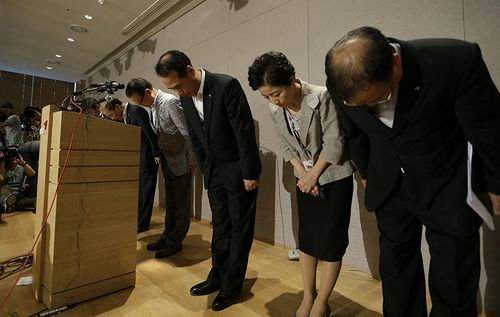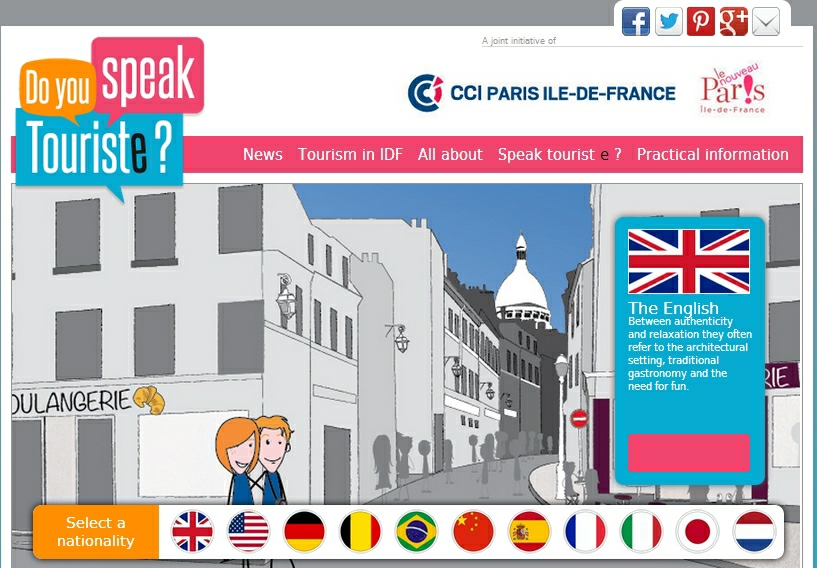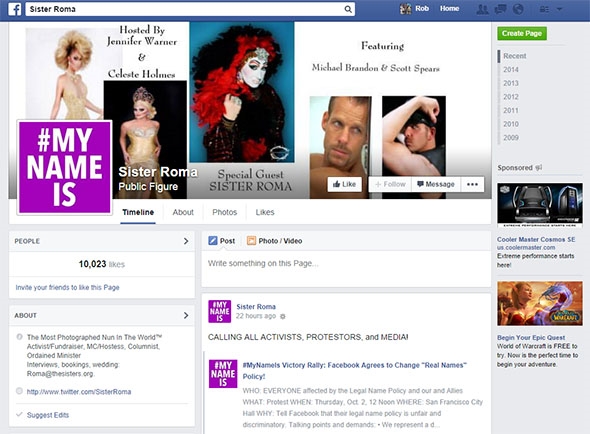
Facebook has always had a policy preventing aliases, insisting that people use their real names as their profiles. Recently, one user reported several hundred profiles that violated this rule. As a result, Facebook suspended pages of many gay and transgender people.
After meeting with people affected in San Francisco, Facebook officials understood that drag queens and others use aliases to protect themselves-to stay anonymous to friends, families, and employers.
Product Officer Chief Christopher Cox wrote this apology:
"I want to apologize to the affected community of drag queens, drag kings, transgender, and extensive community of our friends, neighbors, and members of the LGBT community for the hardship that we've put you through in dealing with your Facebook accounts over the past few weeks.
"In the two weeks since the real-name policy issues surfaced, we've had the chance to hear from many of you in these communities and understand the policy more clearly as you experience it. We've also come to understand how painful this has been. We owe you a better service and a better experience using Facebook, and we're going to fix the way this policy gets handled so everyone affected here can go back to using Facebook as you were.
"The way this happened took us off guard. An individual on Facebook decided to report several hundred of these accounts as fake. These reports were among the several hundred thousand fake name reports we process every single week, 99 percent of which are bad actors doing bad things: impersonation, bullying, trolling, domestic violence, scams, hate speech, and more - so we didn't notice the pattern. The process we follow has been to ask the flagged accounts to verify they are using real names by submitting some form of ID - gym membership, library card, or piece of mail. We've had this policy for over 10 years, and until recently it's done a good job of creating a safe community without inadvertently harming groups like what happened here.
"Our policy has never been to require everyone on Facebook to use their legal name. The spirit of our policy is that everyone on Facebook uses the authentic name they use in real life. For Sister Roma, that's Sister Roma. For Lil Miss Hot Mess, that's Lil Miss Hot Mess. Part of what's been so difficult about this conversation is that we support both of these individuals, and so many others affected by this, completely and utterly in how they use Facebook.
"We believe this is the right policy for Facebook for two reasons. First, it's part of what made Facebook special in the first place, by differentiating the service from the rest of the internet where pseudonymity, anonymity, or often random names were the social norm. Second, it's the primary mechanism we have to protect millions of people every day, all around the world, from real harm. The stories of mass impersonation, trolling, domestic abuse, and higher rates of bullying and intolerance are oftentimes the result of people hiding behind fake names, and it's both terrifying and sad. Our ability to successfully protect against them with this policy has borne out the reality that this policy, on balance, and when applied carefully, is a very powerful force for good.
"All that said, we see through this event that there's lots of room for improvement in the reporting and enforcement mechanisms, tools for understanding who's real and who's not, and the customer service for anyone who's affected. These have not worked flawlessly and we need to fix that. With this input, we're already underway building better tools for authenticating the Sister Romas of the world while not opening up Facebook to bad actors. And we're taking measures to provide much more deliberate customer service to those accounts that get flagged so that we can manage these in a less abrupt and more thoughtful way. To everyone affected by this, thank you for working through this with us and helping us to improve the safety and authenticity of the Facebook experience for everyone."
Discussion Starters:
- What was the rationale for Facebook's real name policy?
- Was changing the policy in this case the right decision?
- Assess Facebook's apology. What works well in terms of the message, organization, tone, and so on, and what could be improved?


